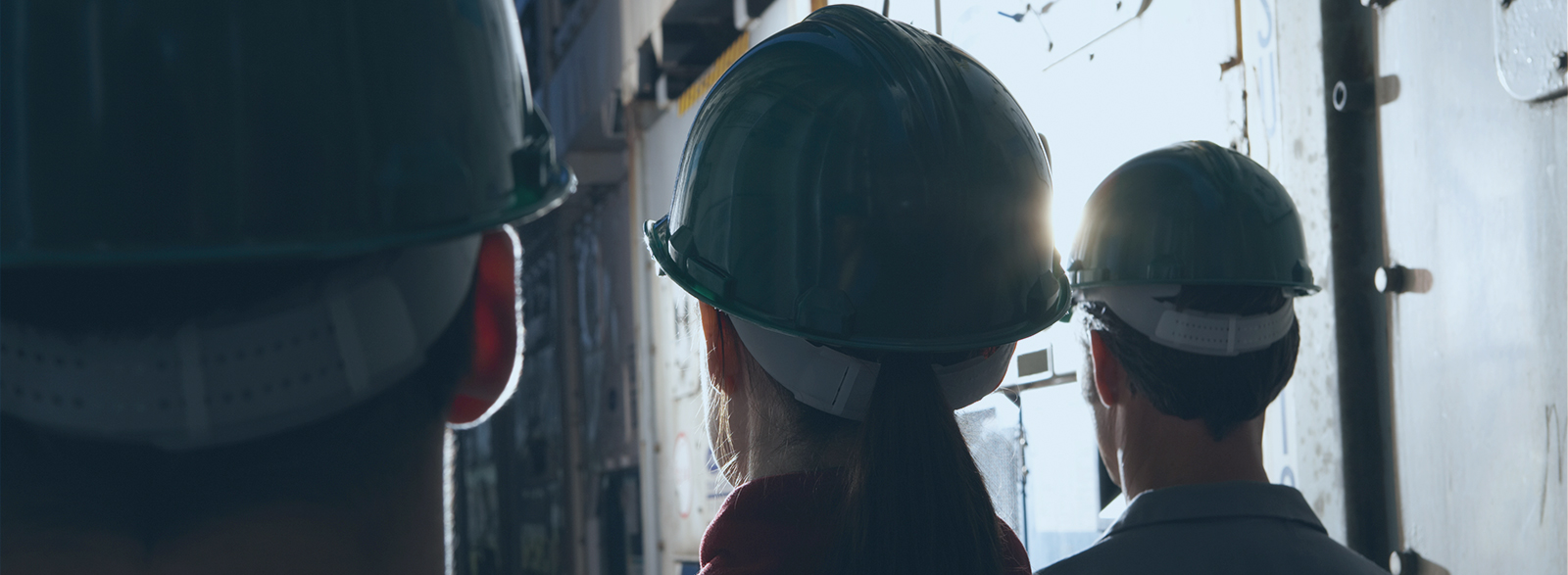It’s frightening to think that you and your family could be in danger without even knowing it – from a poisonous gas that is odorless, colorless, and tasteless. Carbon monoxide (CO) is a dangerous gas that can pervade your home and wreak havoc. Once breathed in, it replaces oxygen in your blood and strips your heart, brain, and other organs of oxygen. This can cause tremendous amounts of damage. In some cases, CO can cause you to pass out and ultimately suffocate. Most of the time, people don’t even know that they’re being affected by carbon monoxide because the symptoms of CO are similar to the flu, just without the fever.
Household appliances like furnaces, space heaters, gas water heaters, gas stoves and ovens and fireplaces can release carbon monoxide into your home because they are fuel-burning appliances. Usually, CO is mixed with other gases so it can provide a smell in case there is a leak, but that isn’t always the case. Even at relatively low levels, CO can create health problems to people exposed to it. You’ll face more health problems and damage from carbon monoxide the longer you’re exposed.
Fuel-burning household appliances can cause the most damage without you even being aware of it. If they are improperly used and not well maintained your home will become a dangerous environment. Especially in the winter, homes become more closed up to keep in the heat, but they’re also keeping in the carbon monoxide.
As homeowners, it’s important to regularly check to ensure you don’t have any carbon monoxide leaks in your home. There are several ways to help you prevent CO leaks:
- Stick with the experts when adding any new fuel-burning appliances. A mechanic can make sure that they’re installed correctly and have the appropriate venting.
- At least once a year, have them inspected to ensure that they are operating correctly and are still well ventilated.
- If you have a fireplace that is regularly used, make sure it stays clean and is also well vented so the gases can escape outside.
- CO alarms should be installed on every floor and close to sleeping quarters. These alarms need to be regularly checked on, keep in mind that the test button only tests the battery not the actual CO sensors.
If you are unsure of the safety of your water heater, furnace, or other appliances, contact Norfolk Air Heating, Cooling, Plumbing & Electrical today and schedule an inspection.

